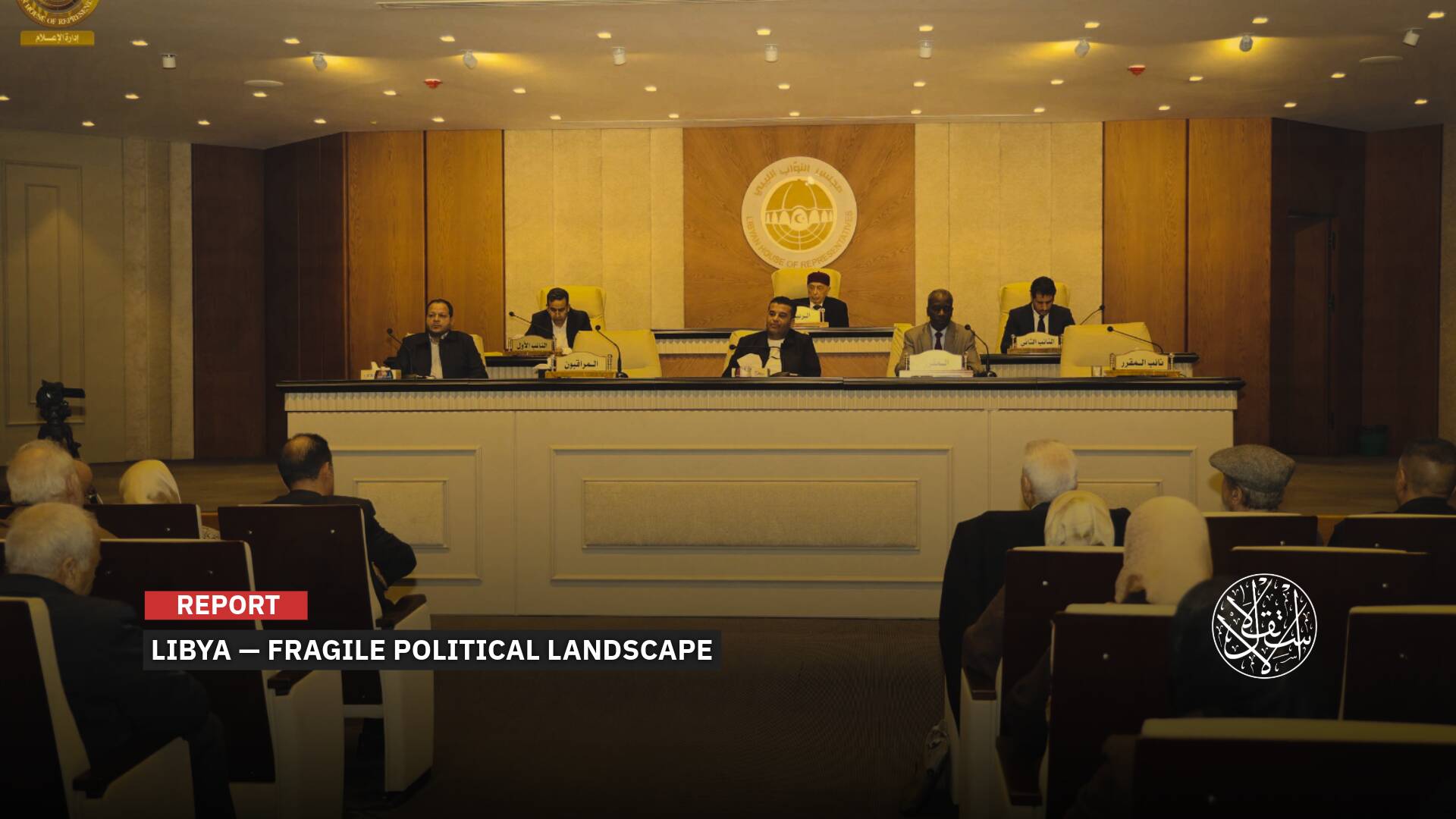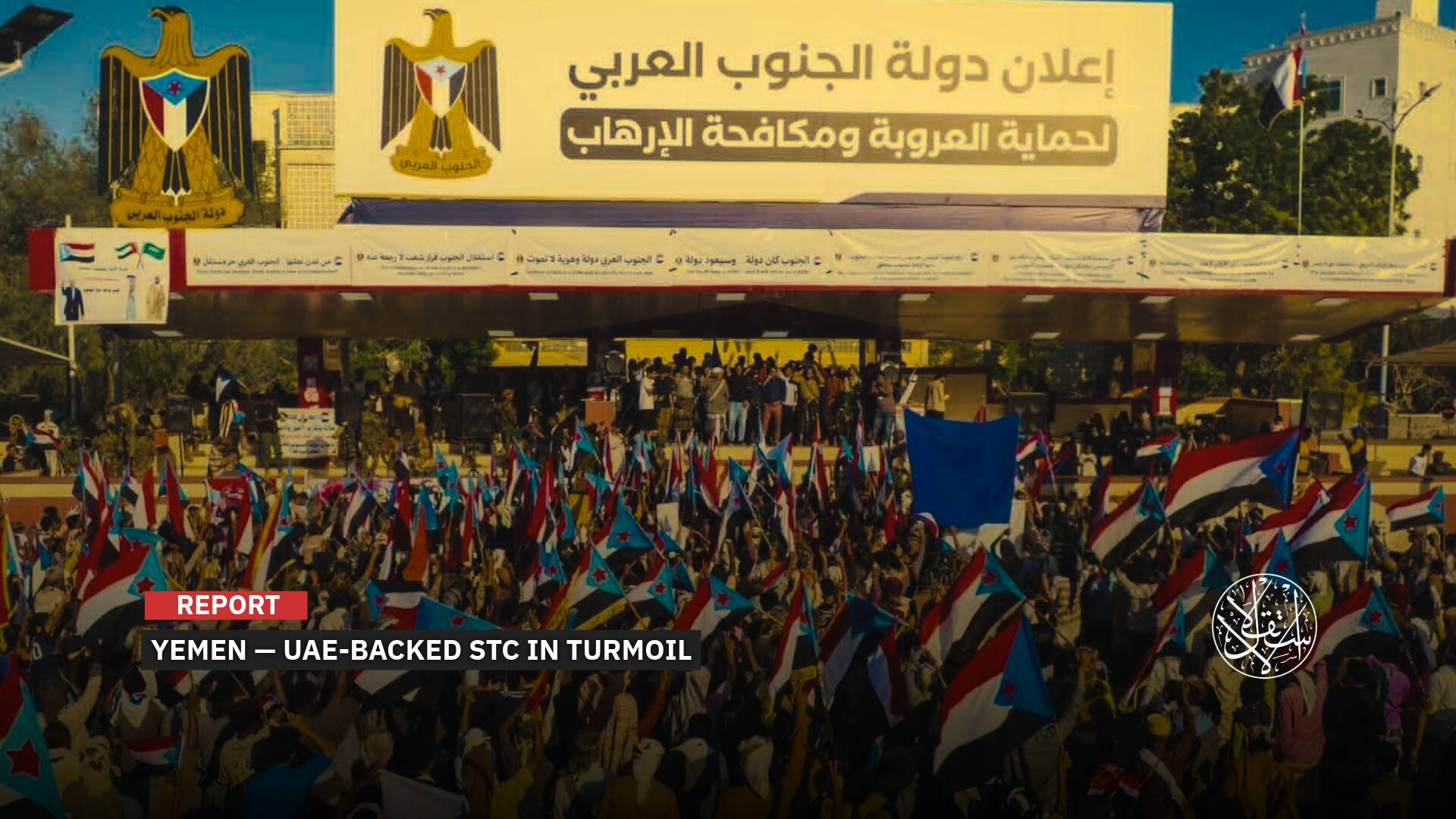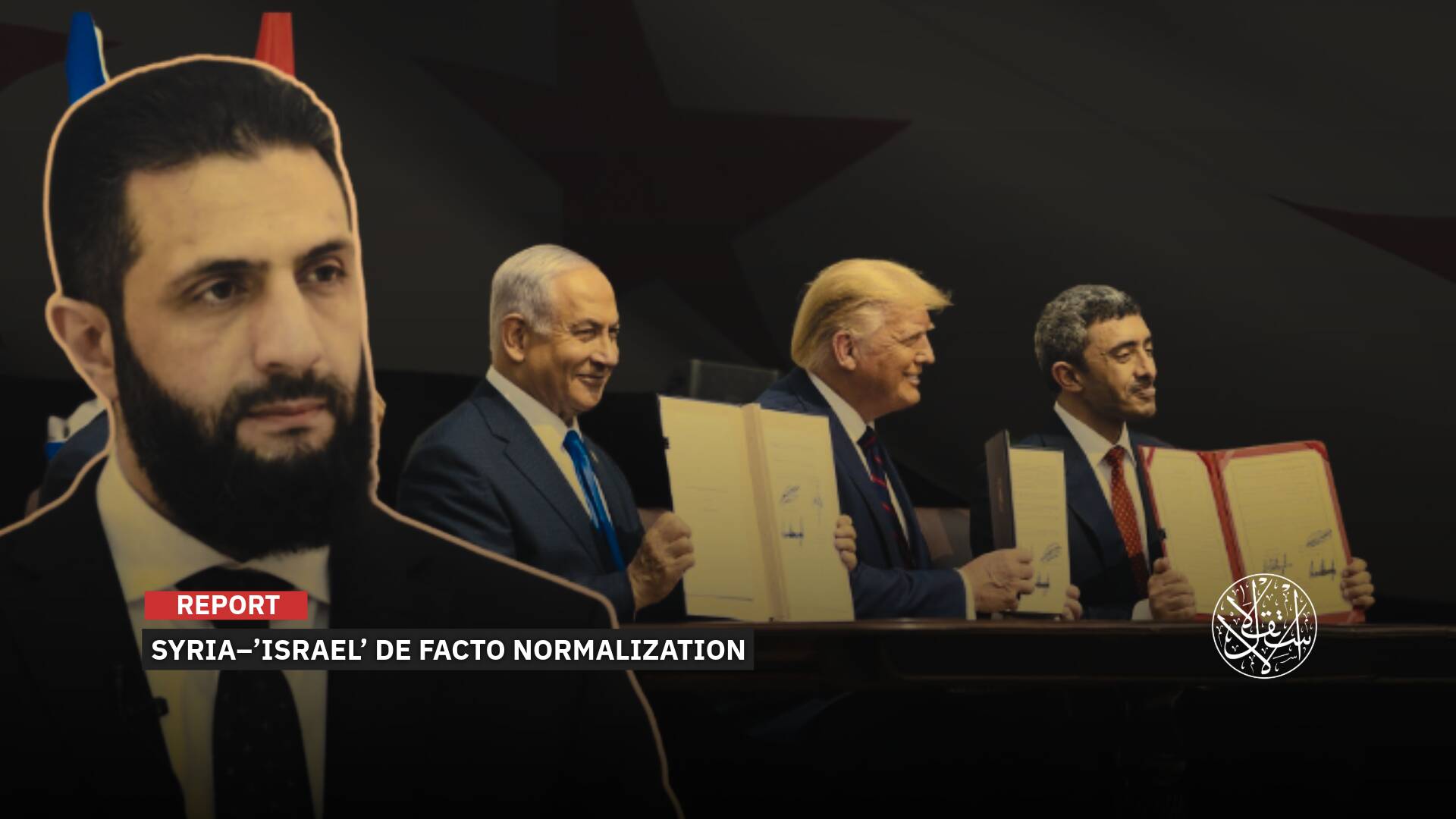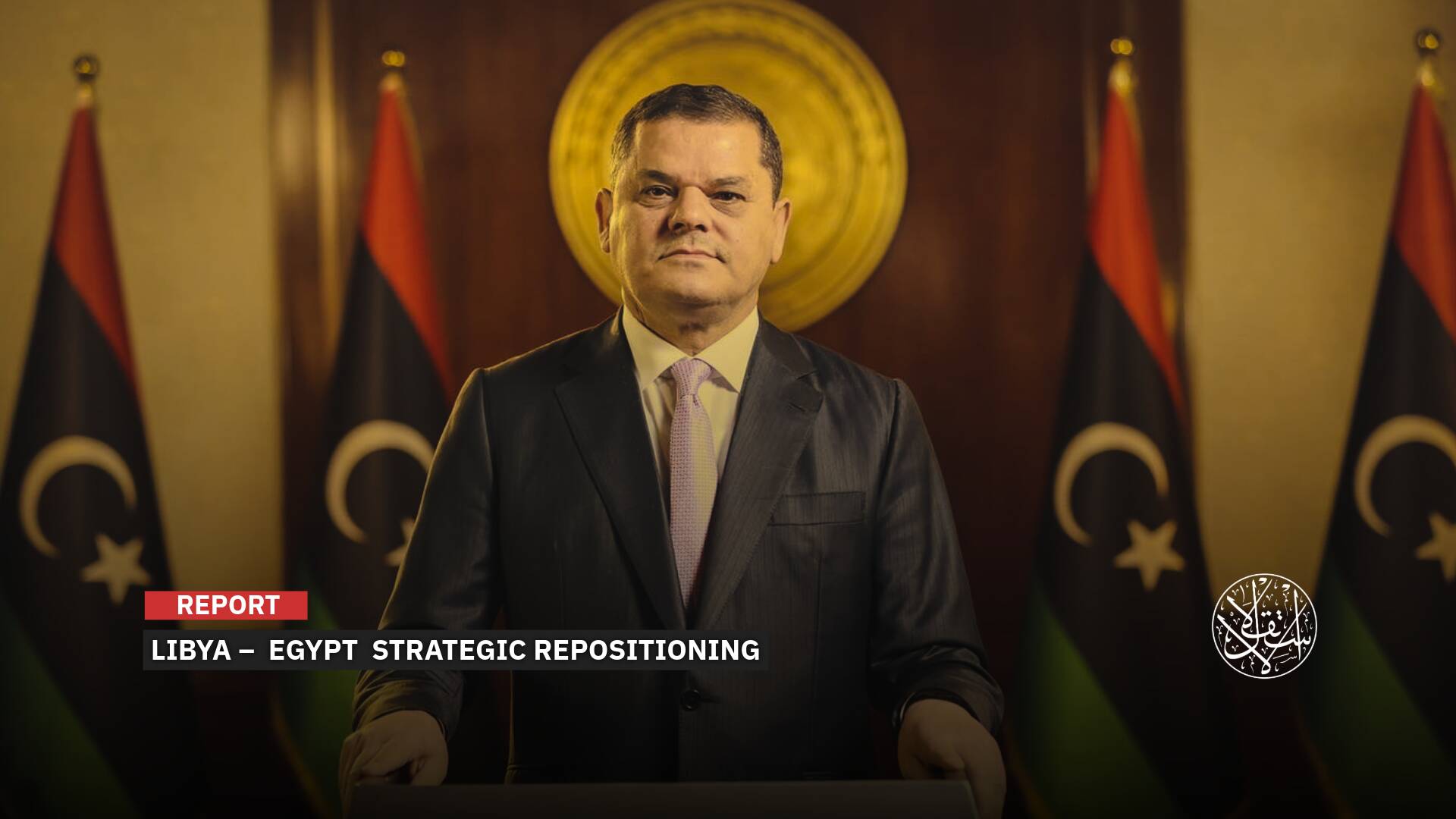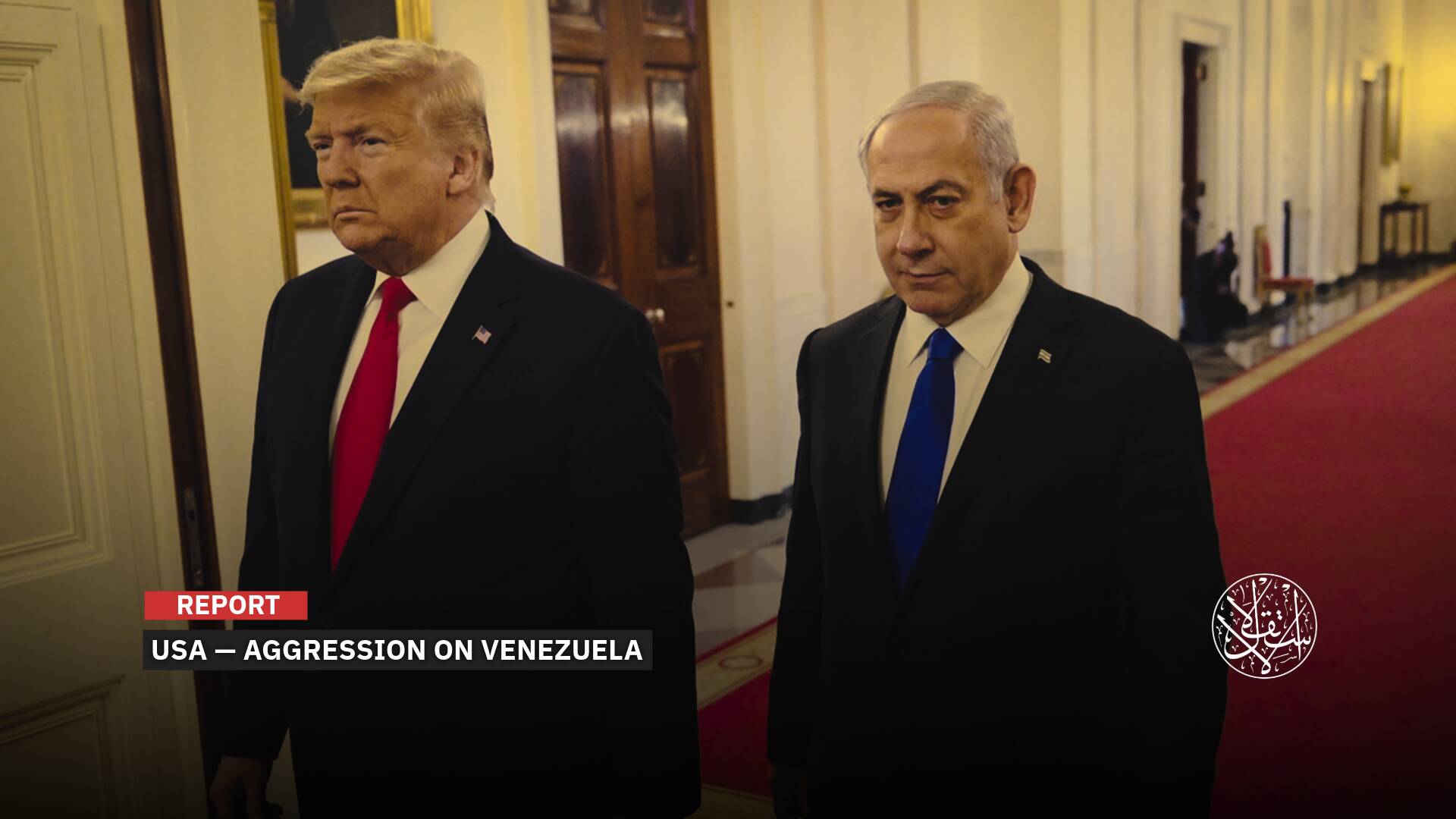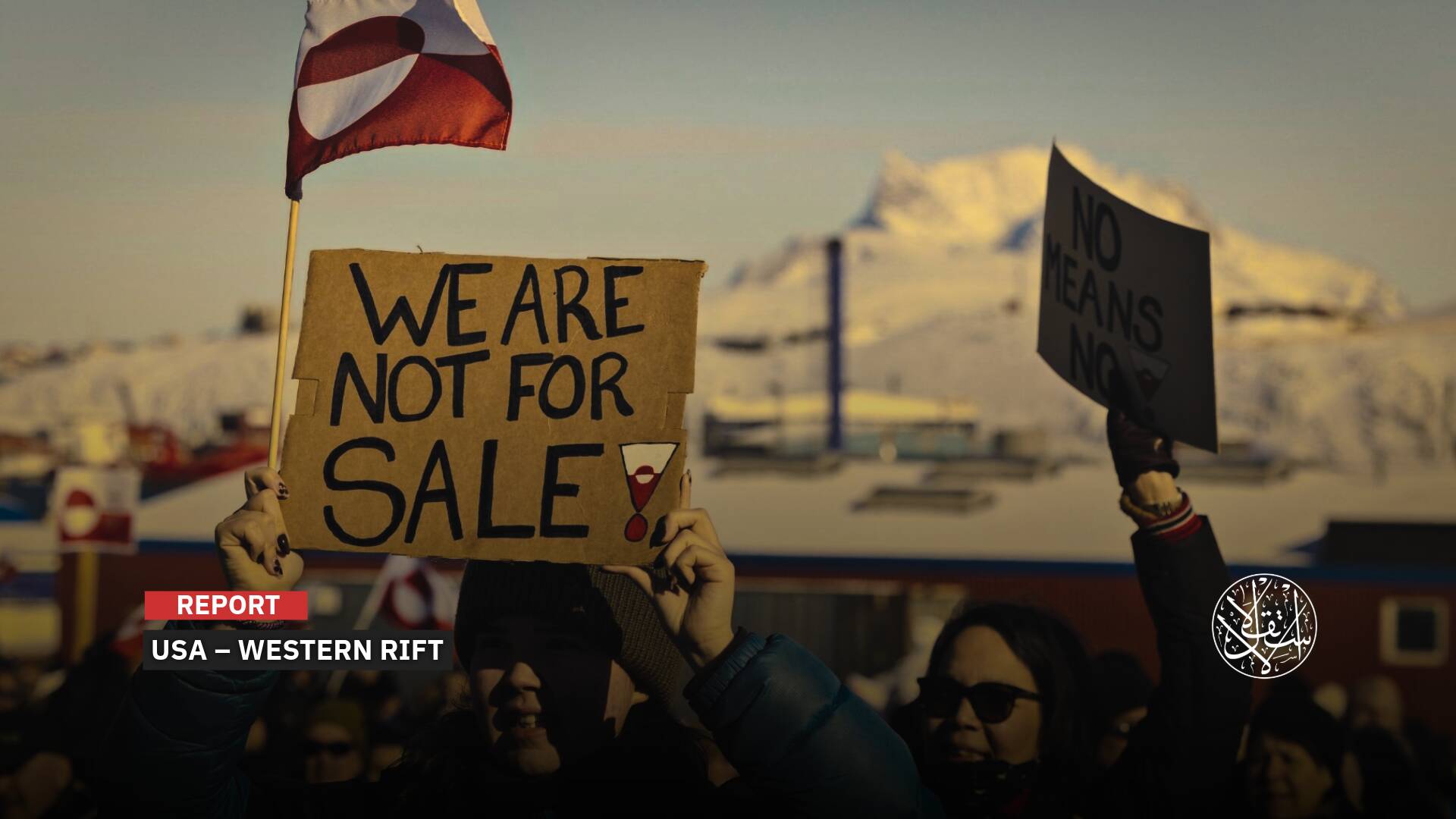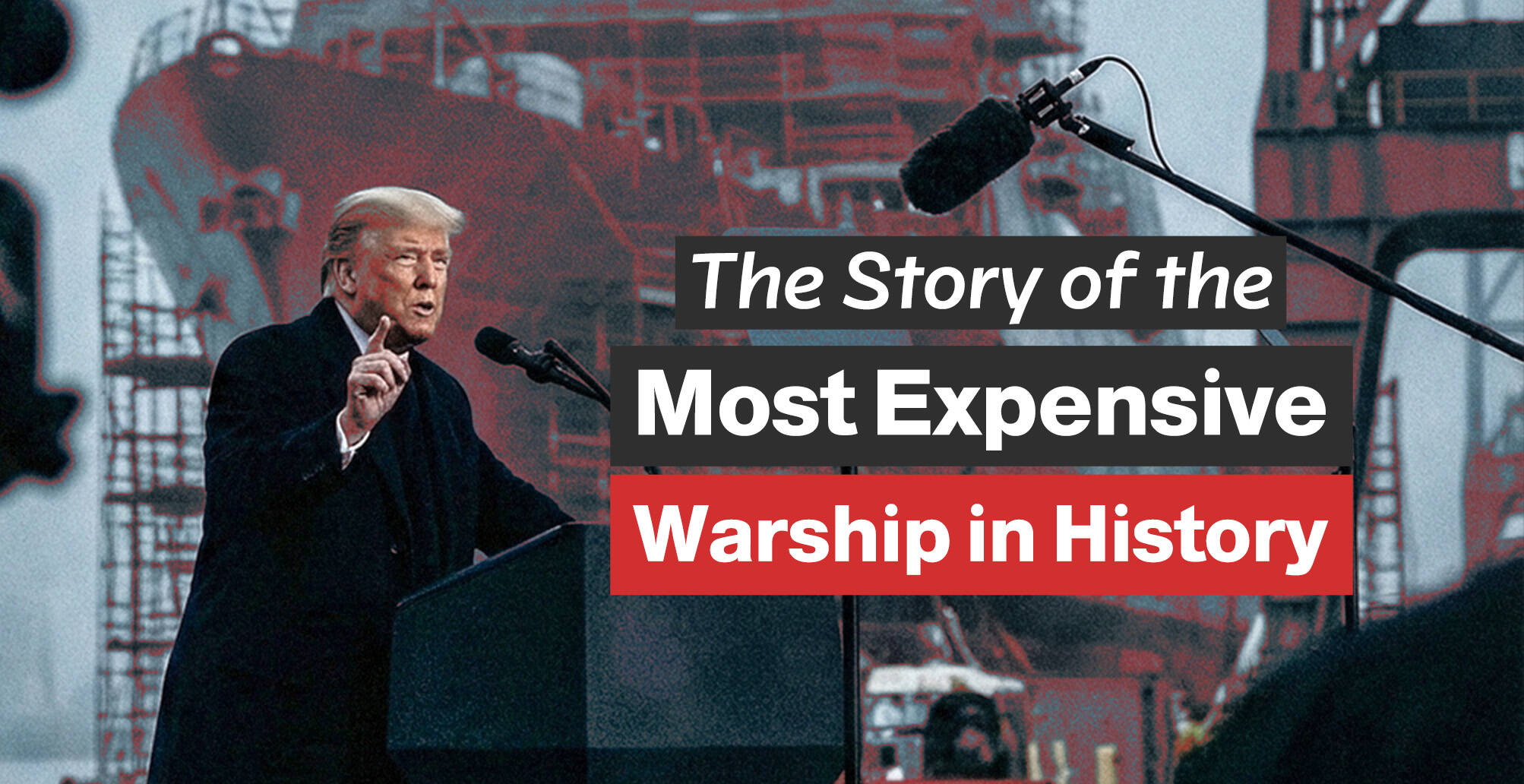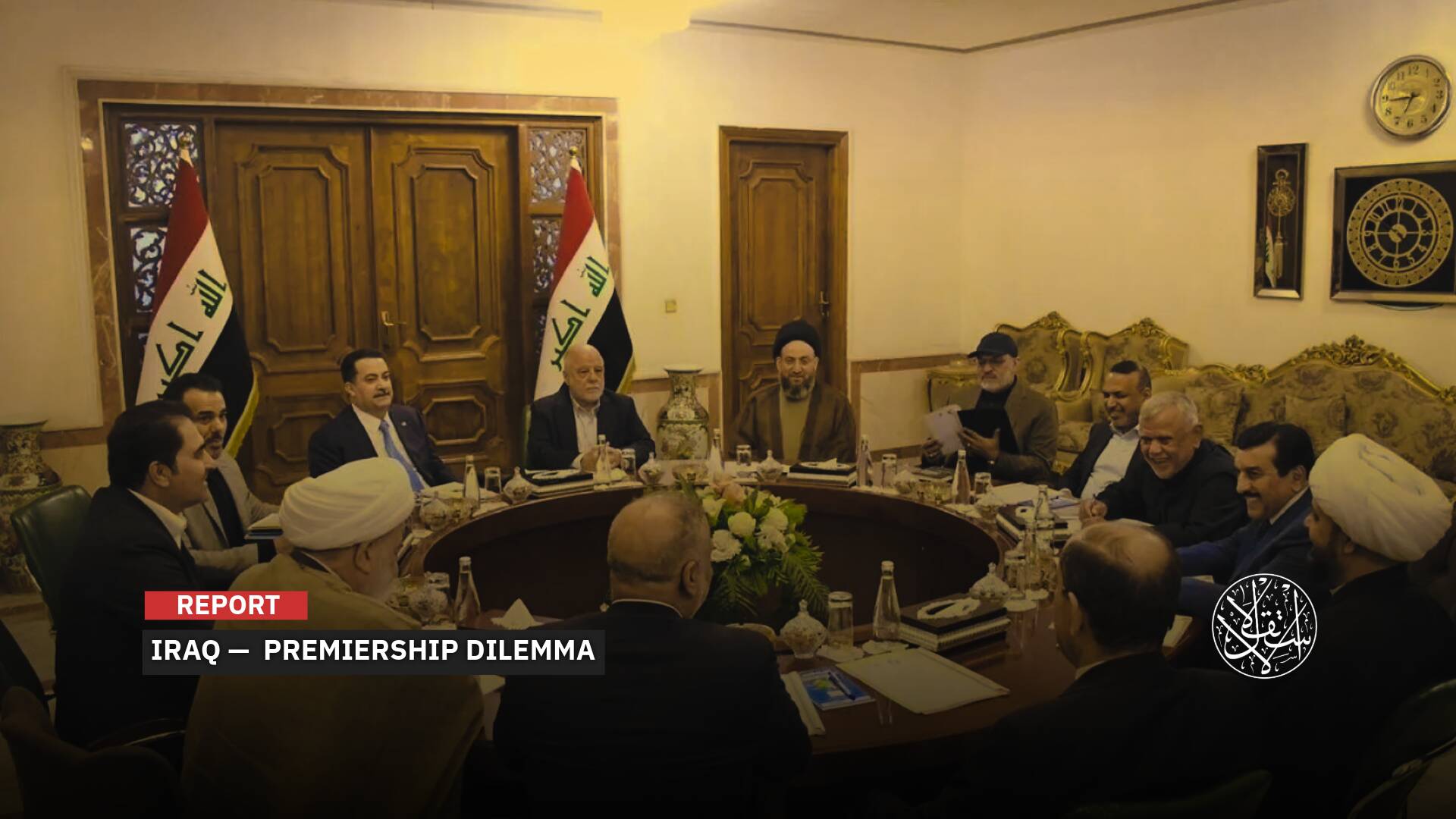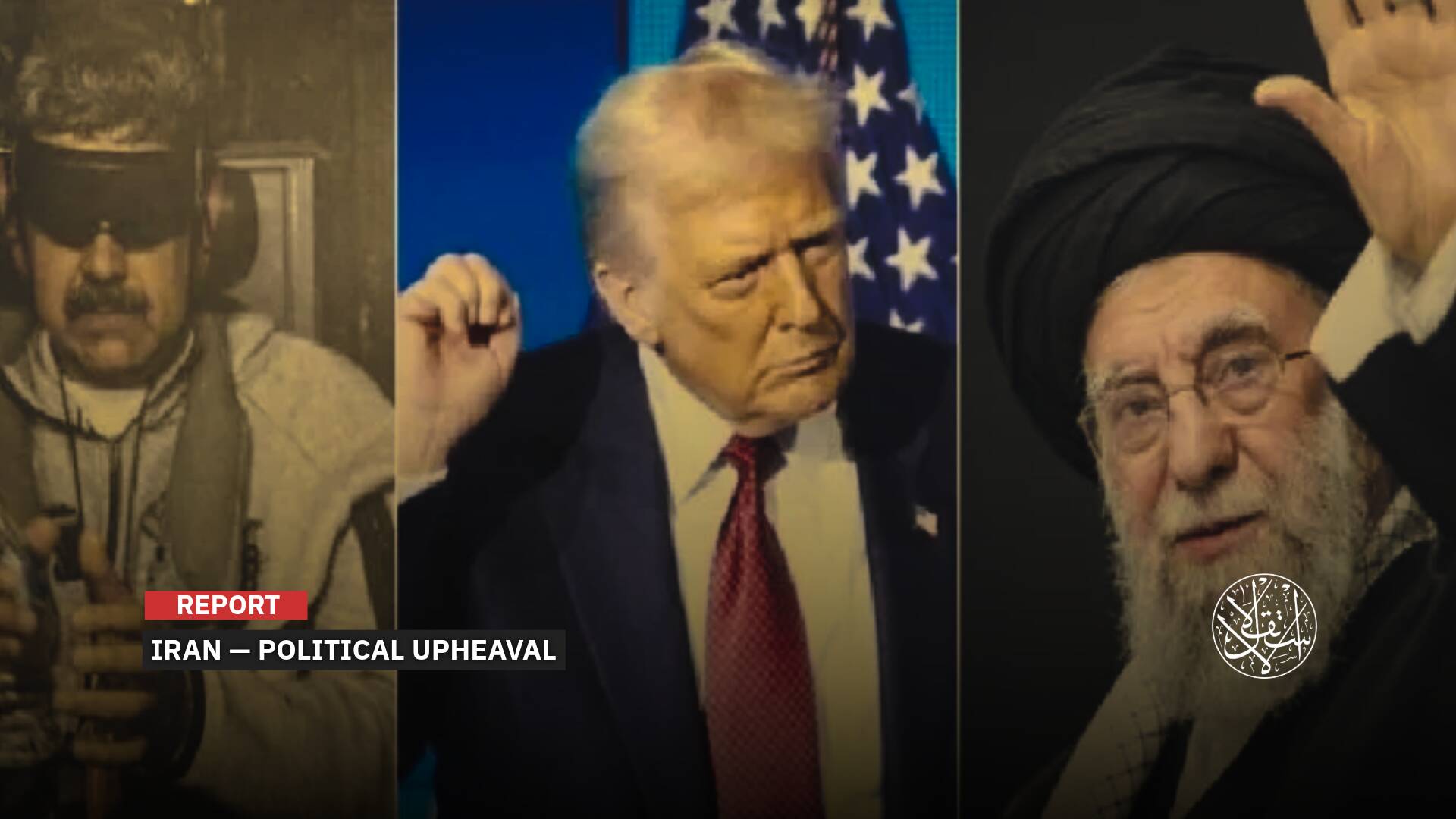Excessive Exploitation: Accusations of 'Interpol' and Its Emirati President of Collusion With Russia

The International Criminal Police Organization (Interpol), headed by the UAE, is pursuing accusations of complicity in war crimes committed by the Russians in Ukraine at a time when Abu Dhabi is strengthening its alliance with Russia.
Meanwhile, Ukraine has announced opening about 35,000 war crimes investigations since Moscow began its military offensive against it on February 24.
The Ukrainian Security Service and the Council of the European Union were able to identify Russian citizens suspected of rape, murder, and torture of Ukrainian civilians.
Interpol officials, who have described neutrality as the cornerstone of their organization, had refused to suspend Russia's membership in the organization after the Kremlin's invasion of Ukraine, but they claimed last March that they would take measures to prevent Russian policemen from using its databases to target Ukrainians or Russian opponents fleeing Putin's regime.
Excessive Condoning
In its report on October 13, 2022, The Times accused Interpol of failing and excessive condoning in issuing international red notices and arrest warrants against Russian leaders accused of war crimes in Ukraine.
The British newspaper also confirmed that Interpol had only announced the issuance of two red notices for two Russians wanted by Ukraine.
It indicated that the two men are Efrem Aloyan and Iusup Abuev, accused of looting and attempted murder, adding that it is not clear when Interpol issued these two notices.
In a statement to the Anglo-American Press Association in Paris last June, the Secretary-General of the Interpol, Jurgen Stock, said that "Interpol was not investigating sanctions violations and money laundering by the Russian oligarchy, nor into alleged war crimes, because Interpol constitution prohibits engaging in political activity, it must remain neutral."
Critics say that Interpol, although its rules prevent it from dealing with issues of a political, military, religious, or ethnic nature, has never before hesitated to issue red notices against opponents of the Kremlin.
Bill Browder, the British investor, accused of insulting Russian President Vladimir Putin, has been arrested after he participated in a US pressure campaign to punish Russian officials suspected of rights abuses. He was then briefly detained in Spain in 2018 on the basis of an Interpol note issued at the request of Moscow.
Browder, founder of the investment firm Hermitage Capital, said, "Interpol has become a tool in the hands of dictators to go after their enemies. As for his primary mission, he fails miserably by failing to hunt down the murderers and rapists in the Russian army, who have committed horrific war crimes."
Yevhen Lavrenchuk, director of a Ukrainian opera house, was imprisoned in Italy this year for more than two months after he was arrested on the basis of a red notice requested by Russia.
The man was accused of financial crimes in Moscow, where he lived until Russia annexed Crimea in 2014, and was released after Interpol concluded the allegations against him were politically motivated.
"Interpol is useless when it comes to Russian war crimes. Regardless of the severity of the war crime, they do not issue red notices," Melinda Haring, deputy director of the Atlantic Council's Eurasia Center, told The Wall Street Journal.
“Interpol is useless when it comes to Russian war crimes,” @melindaharing tells @WSJ. “Regardless of the severity of the war crime, they do not issue red notices.” https://t.co/wJ6rUnRw2r
— Eurasia Center (@ACEurasia) October 14, 2022
Repressive Tool
In the same context, The Times criticized in its report what it described as the excessive influence of Interpol and its increasing exploitation by repressive regimes to target political opponents.
The newspaper pointed out that the news circulating that Interpol failed to issue arrest warrants against suspected Russian war criminals is unfortunately not surprising to anyone with knowledge of its recent history.
"While this international organization does not investigate the crimes themselves, it does act as a coordinator between various police forces in countries of the world, issuing red notices against the names of suspected individuals," according to the newspaper.
"Given the increasingly global nature of organized crime, the rationale behind Interpol today is stronger than at any time in its nearly 100-year history," it added.
"There are longstanding fears that the organization is being unduly influenced by repressive regimes, such as Russia and China, which are two of the largest requesters of red notices, which often target political opponents, dissidents or refugees," the newspaper said.
The Times noted, "China, in particular, has increased its use of the network, which has become less transparent, as many of the required arrest warrants are no longer announced."
While there were some reforms within Interpol, such as the examination of red notice requests, the notice system continued to be abused, and many errors were made.
The newspaper concluded that "democracies must become more vigilant, as they contribute to the financing of most international organizations, and start with Interpol."
"Cross-border cooperation in the field of security is essential, but if this organization continues to be misused and improperly managed, international cooperation in this vital area will be weakened, and public safety will be compromised," it added.

UAE Favoritism to Russia
The criticism of the Interpol organization, headed by the Emirati Maj. Gen. Ahmed Naser al-Raisi, who was elected to this position in November 2021, comes amid Western accusations of Abu Dhabi of siding with Russia in its attack against Ukraine.
In a letter to the German Secretary-General of Interpol, Jurgen Stock, 15 international human rights organizations expressed their deep concern over the election of the Inspector General of the UAE Ministry of Interior, Ahmed al-Raisi, to head the organization.
In a statement on November 29, 2021, the organizations considered al-Raisi's election to send a chilling message that Interpol could be headed by a representative of an authoritarian regime accused of torture.
"We believe that the election of al-Raisi as president would severely damage Interpol's reputation and undermine its ability to carry out its mission effectively and in the spirit of the Universal Declaration of Human Rights," they added.
Several complaints were filed in cases of torture in France and Turkiye against the head of the Interpol, Maj. Gen. Ahmed Naser al-Raisi.
On May 11, 2022, French investigative judges at the Paris Court opened an investigation into allegations of torture against al-Raisi.
In one of these lawsuits filed in June 2021, the Gulf Center for Human Rights, a non-governmental organization, accused the Emirati General of committing brutal acts of torture against the Emirati dissident, Ahmed Mansour, who has been detained in his country since 2017.
Abu Dhabi has also been accused of using Interpol's red notice system to prosecute suspects in persecuting political opponents of its repressive regime.
However, al-Raisi was elected head of the organization on November 25, 2021, after a generous financial gift provided by the UAE, which is the second largest financial supporter of Interpol, which Western newspapers described as a victory for wealth and influence on international organizations.
In turn, the Emirati judicial and Legal Advisor Mohammed bin Saqr al-Zaabi, said in a statement to Al-Estiklal: "As for the UAE, and those who follow its activities find that its access to international organizations is not within the framework of the public interest and the achievement of criminal justice; Rather, it is with the aim of infiltrating these organizations and institutions, achieving their personal interests, and suppressing their enemies."
He added, “There is a Russian-Western conflict, but it is not known whether the UAE can bear the cost of siding with one of the parties so far.”

On its part, the Quincy International Institute for Studies said that the UAE's attempts to mediate in the Russian-Ukrainian war do not have any credibility with Western countries.
In its analysis, the institute pointed to the meeting of Emirati President Mohammed bin Zayed a few days ago with Russian President Vladimir Putin in Moscow in an effort to polish his reputation as a potential mediator in the Ukraine crisis.
It is noteworthy that the meeting of Putin and bin Zayed came less than a week after OPEC+, which includes the UAE, Russia, and Saudi Arabia, voted to reduce oil production by two million barrels of oil per day, starting next November.
Western criticism of the UAE intensified after the decision, which angered the United States and Europe, who say such a move will bolster Russian finances and exacerbate the global energy crisis.
Sources
- Interpol is ‘useless’ on Russian war crimes
- France opens case against Interpol president over Britons detained in UAE
- Russia Wrongly Escapes Suspension From Interpol
- The election of Ahmed Al Raisi to the presidency of Interpol and the growing influence of the UAE over the organization
- Diplomacy Watch: Gulf states join Turkey in push for Ukraine peace talks
- This Is How the UAE Seeks to Polish Its Record of Human Rights Violations and Settle Its Accounts With Its Opponents


